The Test-Optional Movement
New Learning Challenges
Nothing has impacted the world of college admissions and, indeed, the world at large more than the global pandemic that has altered the life of every person on earth during its two-year existence. COVID-19 has forced students into states of isolation, disconnection, and despondence, causing countless transcripts to be ripped through by gaps that trace the pandemic in its horrendous breadth. It has led to new challenges in hybrid learning, technological innovation, socio-emotional health, and educational theory. All of these factors have influenced the landscape of college admissions, yet none as much as the way that universities themselves have adapted their own admissions policies to suit applicant needs.
Test-Optional Admissions
One such earth-shattering adaptation is the near-ubiquitous movement to test-optional admissions processes. With schools and testing centers closed across the country preventing at least one million high school students from taking the ACT or SAT exams during the pandemic, more colleges went “test-optional” than ever before. As a result, selective schools saw a sharp increase in applicants and a more diverse applicant pool. But the question remains – will waiving SAT and ACT scores stick around long-term or will schools revert back to requiring scores?
Diverse Applicant Pools
One silver lining of the pandemic is that selective colleges and universities had more diverse applicant pools than ever, opening doors for more minority students. What we consider selective colleges – schools that typically accept less than 50% of applicants – saw a 21% increase in applications this past year. In the wake of the pandemic, we saw a historic recession and a growing income inequality gap, which had many experts worried that college would be simply cost-prohibitive for a lot of students. But, to everyone’s surprise, when colleges made their test-optional announcements, many jumped at the opportunity.
Equity and the Test-Optional Movement
In this case, the triumph of the test-optional movement as a more equitable way to administer college applications showed through, and it’s no wonder. The modern standardized testing industry is a big business centered around the marketing of test-prep materials and services that are realistically only available to those with enough expendable time and money to warrant their purchase. The overwhelming majority of families that fit this description are upper-middle-class and white. Therefore, it makes perfect sense that before the test-optional era, more selective schools would receive a richer, whiter base of applicants. These factors represent the group with the most time and money to spend on standardized test prep and, thus, applicants from this group usually achieve much higher scores than their counterparts. Therefore, when the barrier of standardized tests was removed from the application processes of many competitive universities, candidates representing a much more diverse range of races and socio-economic backgrounds saw their chance.
Postitive Changes
While test-optional policies have brought some positive changes, they might not be here to stay permanently – at least not for some colleges. Some elite colleges went test-optional reluctantly and expect to return to their pre-pandemic requirements at some point; for other top-ranked schools, there is no going back. It will be interesting to see if those who remain test-optional cite equity as a major reason for doing so, as it certainly could be a boon for the eclecticism of their student populations, not to mention their public image.
Our College Counseling Approach
Another interesting point is that despite colleges dropping their testing requirements, students continue to sign up for the exams, believing that a score will give them a better shot at admission. It’s important to note that each student’s process is different and that test-optional may work for some, but not all. Our college counseling approach will fit the testing to the individual student – that’s something I strive for. So, I’ll pose the question again, the test-optional movement – will it stay or will it go?
If you want to learn more about how standardized testing policies will affect your student, don’t hesitate to reach out.
Share this article

Follow us
A quick overview of the topics covered in this article.
Latest articles
Reading Time : 1 mins
Reading Time : 3 mins
Reading Time : 4 mins




